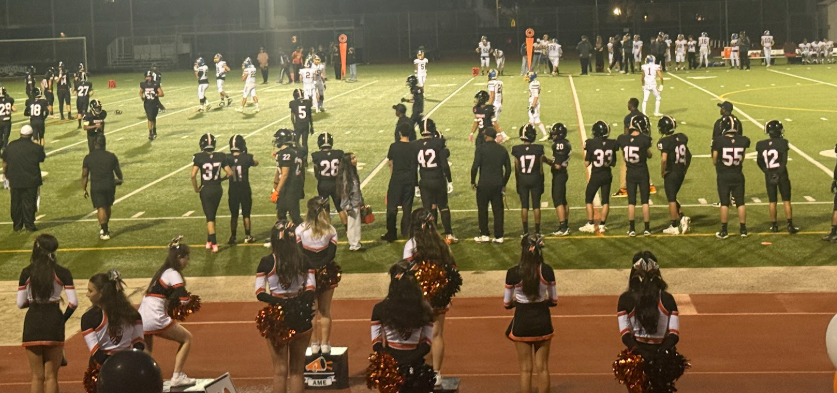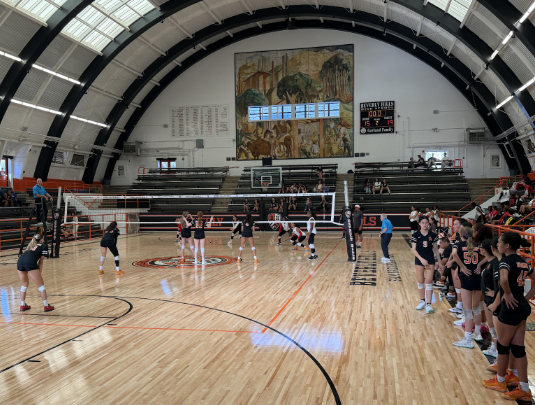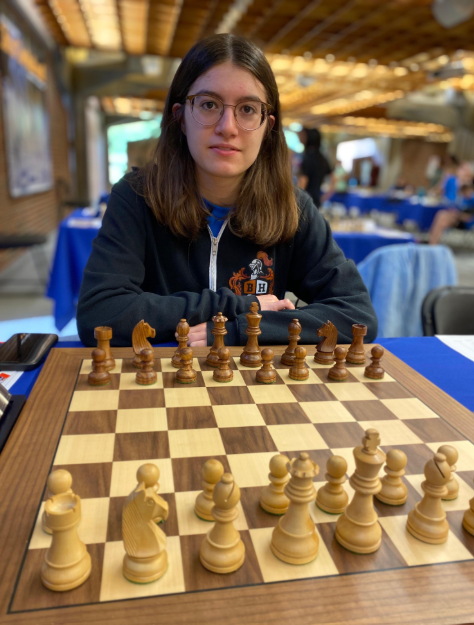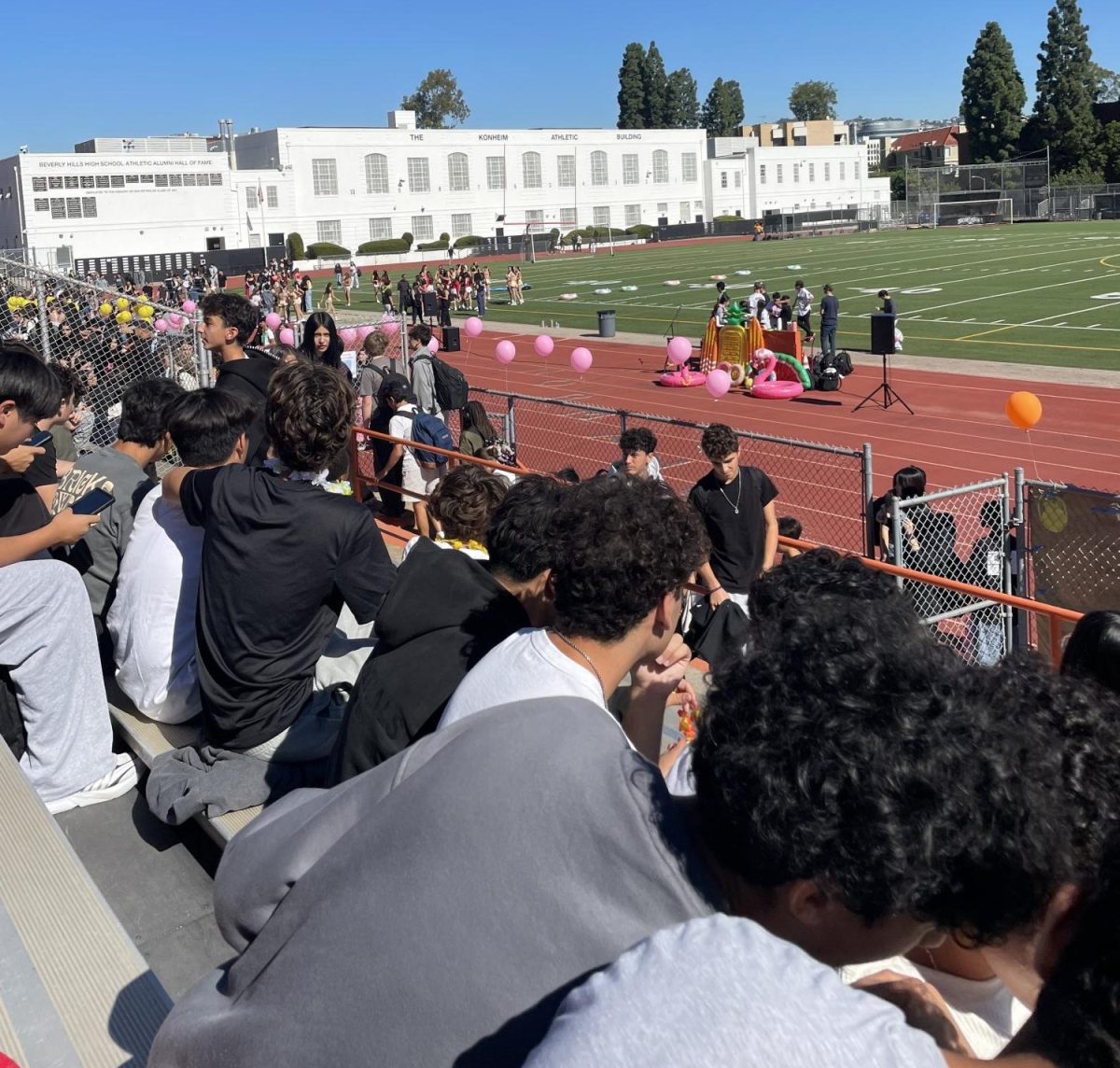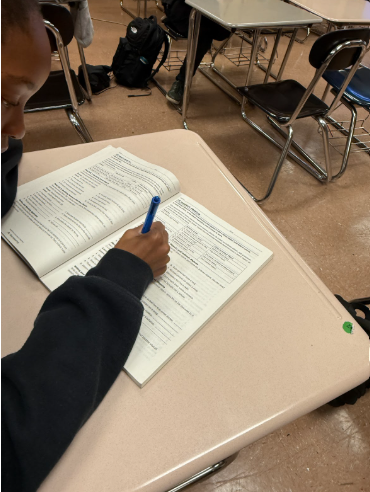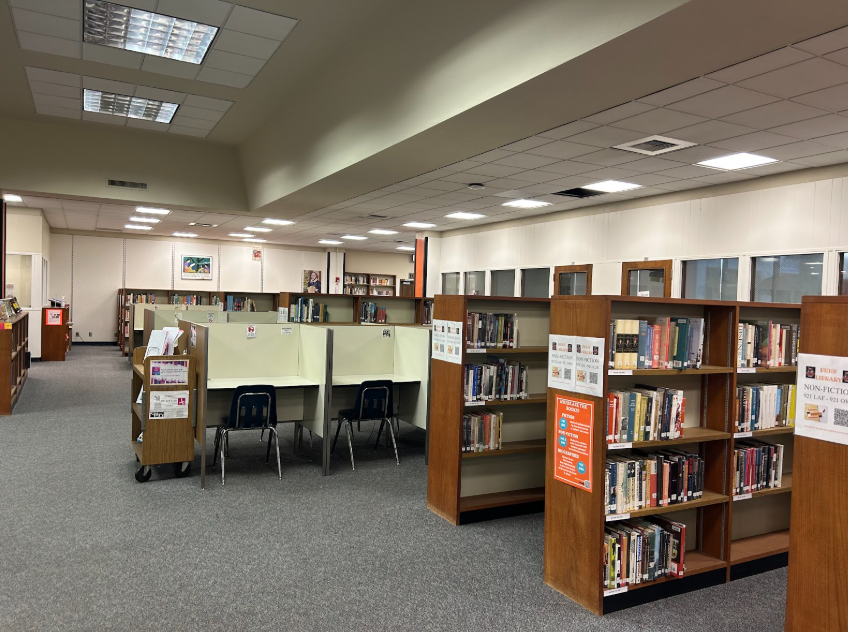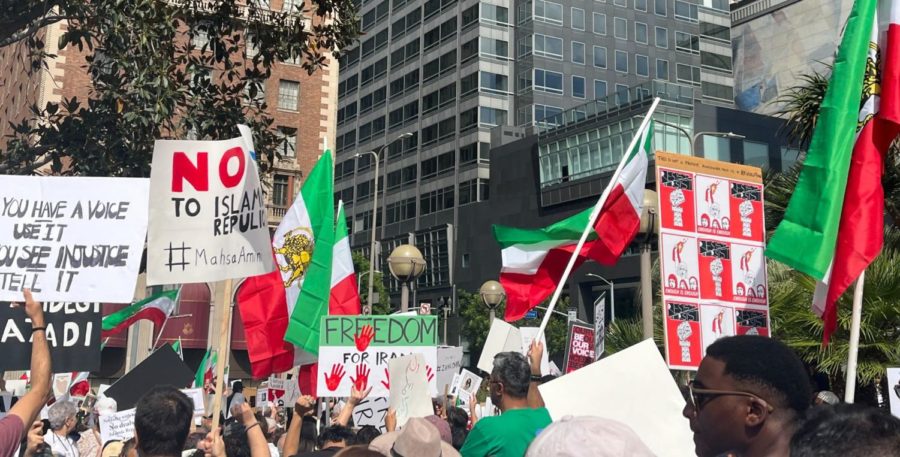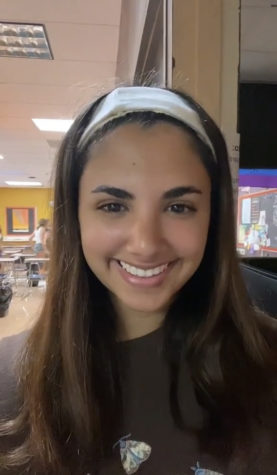Persian students’ connections to Iranian culture
People gather in downtown LA to rally for freedom in Iran.
November 22, 2022
TRANSCRIPT
[music]
SHAYDA: Hi, this is Beverly Highlights. I’m Shayda Dadvand, your Editor in Cheif. Episode three: In light of the uprisings in Iran currently being brought into perspective again, I decided to think back on my background. I realized that I personally do not know much about my Iranian background, and my life has been very Americanized to the point where I have minimal relation to the cultural part of my family.
SHAYDA: I interviewed a junior student who is the lead producer of KBEV, which is the school’s broadcast news/journalism program. He is a Persian student here who does not feel as connected to his Iranian culture as other students are.
SHAYDA: Have you ever been to Iran?
STUDENT: No I have not.
SHAYDA: Have you ever wanted to go?
STUDENT: Yeah, I mean, I don’t really know much about my culture, because I am pretty disconnected from it. I know my family’s from Iran and they have a lot of ancestors there. But, yeah, I would definitely want to see it one day, to visit.
SHAYDA: Has your family ever told you any stories from when they lived in Iran?
STUDENT: Not really because my grandma was the only one — and her mom and all the past generations that is really involved in their Iranian culture, and I don’t get to see her that often. She’s like my only connection with that culture.
SHAYDA: I wanted to ask you then, because for me personally, not only have I never realized how disconnected I was from my culture, but I’ve never seemed to want the alternative. Like, I’ve never thought much about actually trying to connect myself. At what point did you start to realize that you wanted to know more?
STUDENT: I think as I went into high school, and, because our high school’s primarily an Iranian and Persian Jewish community, seeing so many people from the same culture made me really curious about my culture and how my connection to the Iranian culture is.
SHAYDA: What are some ways that you do feel connected?
STUDENT: Um, well when I go to Shabbat, we always have Iranian food. Because we are in LA, there’s a lot of good Iranian food and Persian-Jewish cuisine. But also, just when I get to see my grandma, I learn a little bit about her past. It’s just cool walking around her house, seeing how different the style of art, like decorations, the way she sets up her house; how different it is from, like, a typical American household.
SHAYDA: Is your household more Americanized?
STUDENT: I would say so. Like, we don’t have that typical Persian rug, or that typical Persian style, or Iranian style. It’s more very whitewashed, kind of like picket-fence, like, farm-style house.
SHAYDA: So then, even still with like, going to our friends houses, even if they do look more whitewashed, kind of to circle back, still, a lot of the Persian students around us are more connected to their culture. In what ways do you feel like you aren’t connected, compared to them?
STUDENT: I mean, not being able to speak Farsi, for one. I would say that our school kind of has, like, the Persian group, and it’s like the really Persian, Iranian guys stick together. I feel like, I’m friends with a lot of them but I feel like I don’t really fit in, in that sort of way, because I don’t know what they’re talking about. So I usually stick to people that are more American — most of my friends are American — just because I relate to them more, and we have more of a connection.
SHAYDA: That’s actually a good thing I wanted to bring up, was that like, for me for example, a lot of the time I feel like you just hear the term, “Oh,” just like, “a group of ‘Persian boys’” or something, and you know that you’re talking about boys who are misbehaving in class, you know? And so a lot of the times I’ve wanted — while I want to be with my culture, I feel like a lot of the time we’re prejudged, and I don’t want to fit in with that. So just, what are your thoughts on that?
STUDENT: I will say, because there is a large majority of that “Persian guy” population who are a little bit more on the rambunctious side, it kind of gives the stereotype of like, “Oh, you’re a Persian Jewish guy, you’re not going to behave as nicely as some of the other students.” And I feel like it’s just a stereotype, because every person has their own ideals, every person has their own personality and their own behaviors, and it shouldn’t be judged based on a whole population, it should be focused on that person’s individuality and what makes them unique and what makes them them.
SHAYDA: Thank you so much.
[music]
SHAYDA: I then interviewed junior Jasmine Mehdizadeh. She is a Persian student here who is more connected to her culture.
SHAYDA: Was this (your culture) something that was just always incorporated when you were a kid, or was there a point before you had become connected?
JASMINE: Well I always eat Persian food. That’s just like, what we have at home. And my friends I guess all ended up being Persian, so like, that helped a little because I can speak to my friends in Farse, you know, a little side talk.
SHAYDA: Great, are there ways where you don’t feel as connected to your culture?
JASMINE: Um, I’m not like, extremely fluent in Farsi, so if somebody’s talking really fast or they use some vocabulary that I don’t know — which doesn’t happen often, but happens often enough — I’m kind of like, “Oh, I’m not that Persian.”
SHAYDA: So then, when you realize these little things that make you not as connected, how does — not to throw in a therapy question, but how does that make you feel?
JASMINE: I feel pretty Persian. I can joke around with my friends in Farsi, listen to Persian music, dance. It doesn’t diminish the fact of how Persian I already am, does that make sense?
SHAYDA: Yeah. How do you think your level of relation to your culture helps connect you more with your family?
JASMINE: Well, my whole family is like, fully Persian, like, you know, they can say the whole vocabulary, make the jokes and stuff. And, I feel like I’m like a solid 7/10 and they’re all like 10/10s, so pretty up there. I feel like that helps me with listening to some of the stories they have, or sitting at Shabbat dinner and stuff. And it makes me feel a little bit more confident about, like, when I’m with a big group of Persian people.
SHAYDA: And then how do you feel that you compare to a) the people around you who are Persian but aren’t as connected, and b) just, people who aren’t Persian.
JASMINE: Well, I’m going to be honest; most of the people at this school that aren’t Persian are Persian-washed. So, they have at least like a one or two level of the Persian scale. But my friends who aren’t Persian or at least not connected, I feel like they pick up on so many Persian things, like I don’t notice it that much.
SHAYDA: Do you think that the influence comes from you or just from, do you think this Persian influence on others was just already there?
JASMINE: I think it’s like, the community just slowly built it in. You’re going to want to fit in, you’re going to want to be like them, whatever the majority is. They’re going to end up picking up on some things once in a while.
SHAYDA: Well, thank you so much then. Thank you for coming here to interview with me.
JASMINE: Of course.
[music]
SHAYDA: Thank you for listening. For more content, visit our website beverlyhighlights.com, and follow us on Instagram @beverlyhighlights. If you have any suggestions for future article or podcast topics, please email us at [email protected]. This is Shayda, Editor in Cheif of Highlights, thank you.







